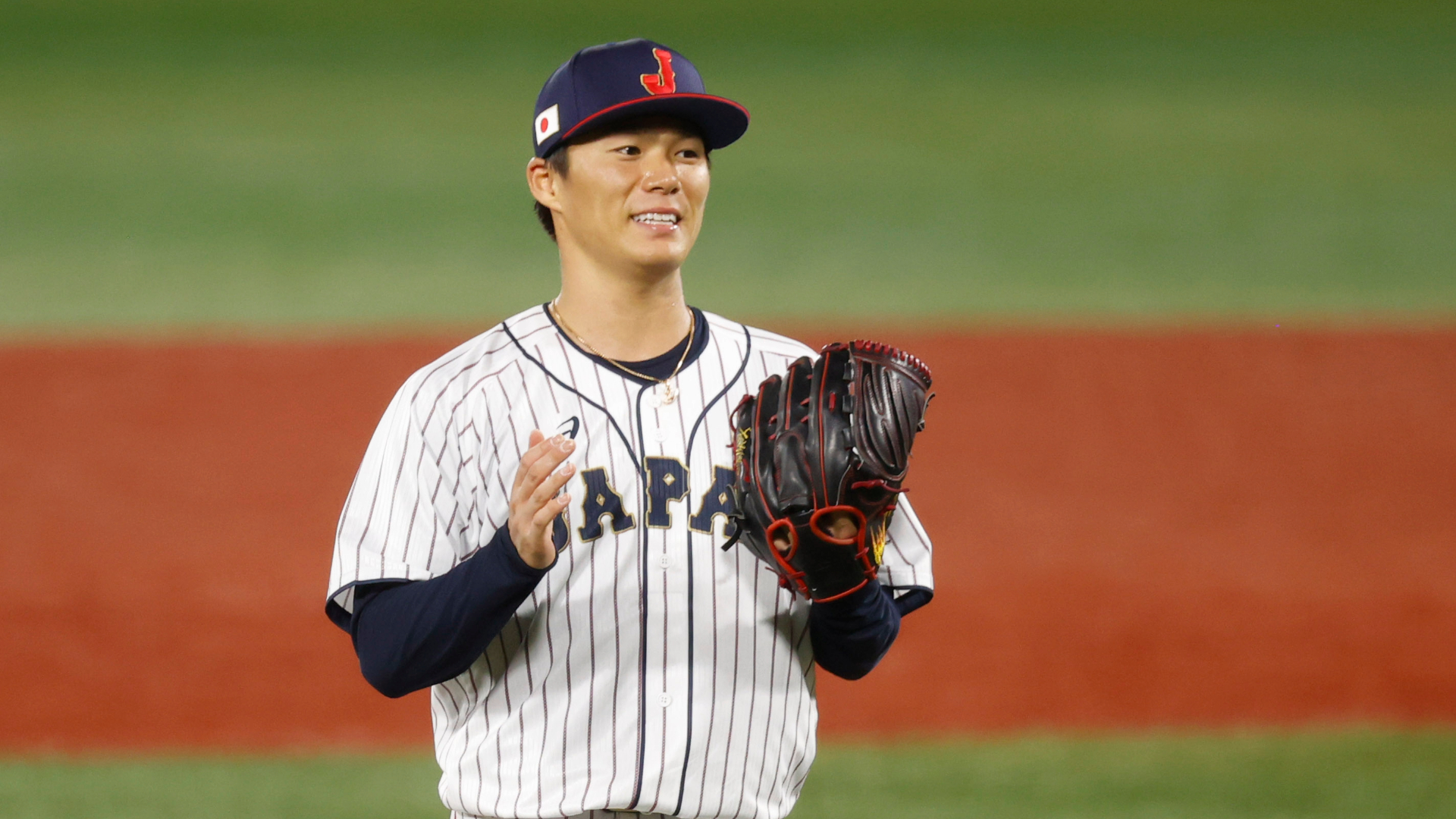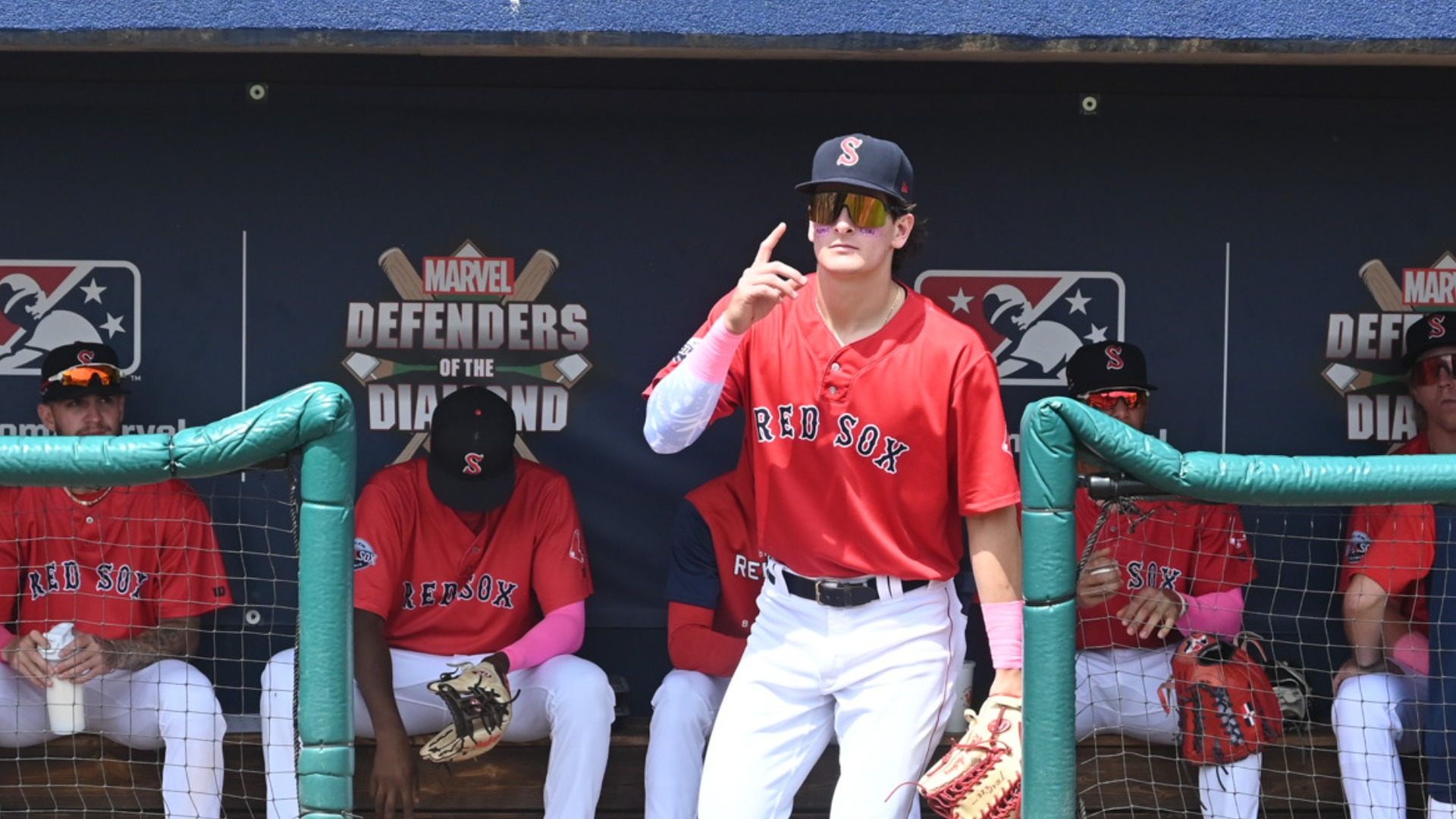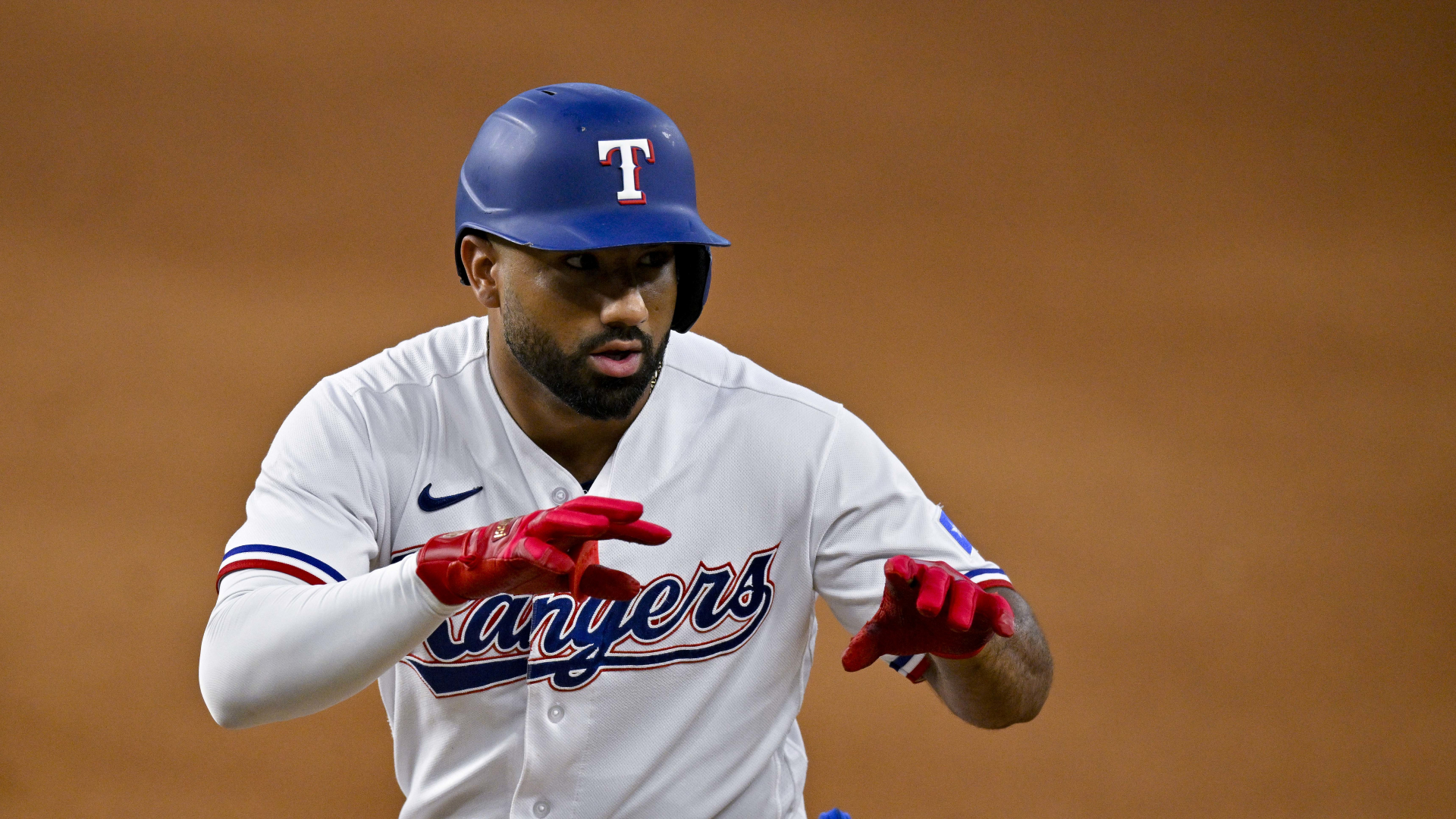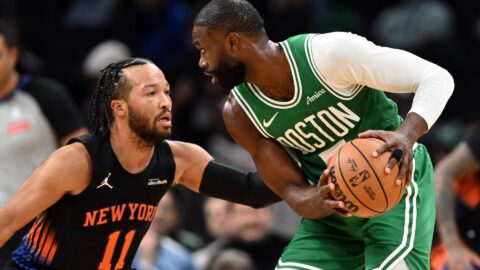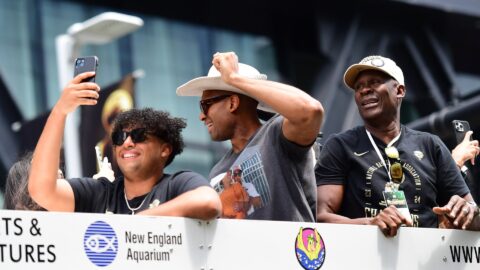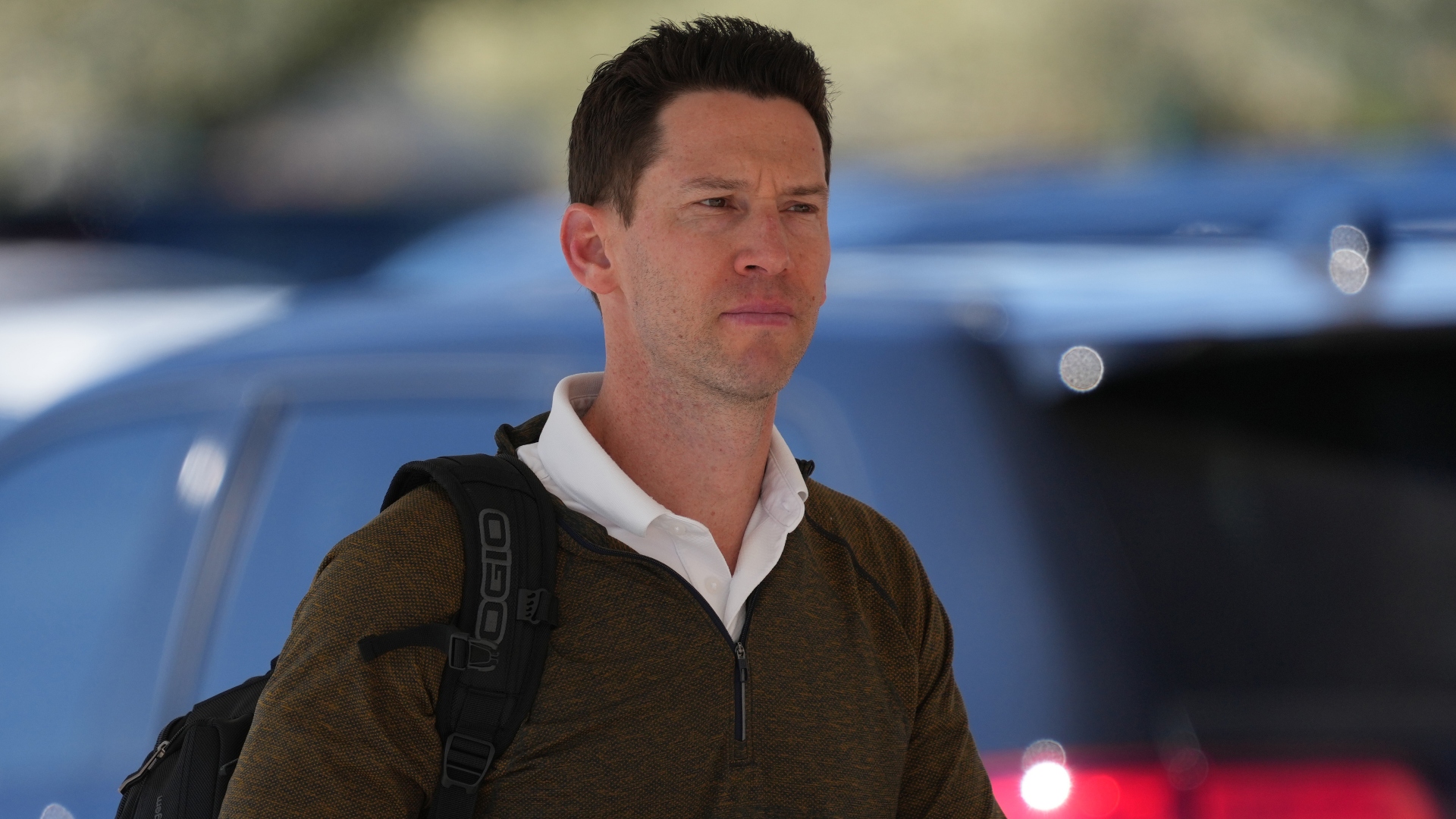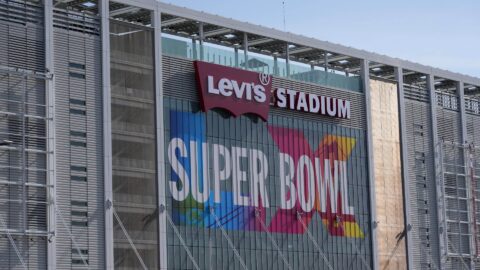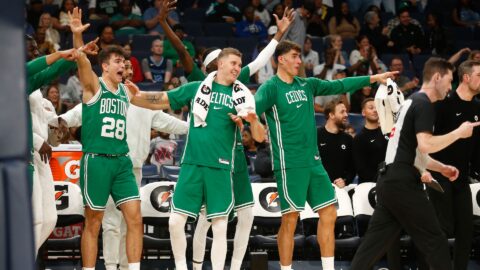The Boston Red Sox have an opportunity to reassert themselves this Major League Baseball offseason by going all-in for the best player on the planet.
But should they?
Shohei Ohtani is a free agent and could command a record-setting contract on the open market. He's a two-time American League MVP, a two-way superstar and a global icon. Whichever team signs Ohtani will acquire an unprecedented talent and a marketer's dream. He's truly one of a kind.
Of course, money doesn't grow on trees. And shelling out a bunch of cash doesn't guarantee success. Just ask the Los Angeles Angels, Ohtani's employer for the past six years, or the New York Mets, whose gargantuan 2023 payroll led to a fourth-place finish in the National League East.
Story continues below advertisement
So, there's a lot to consider before handing a blank check to Ohtani. For some franchises -- even those with deep pockets -- the risks might outweigh the potential rewards, to the point where they scale back in their pursuit.
All told, let's examine the case for and against the Red Sox making a monumental splash this winter by signing Ohtani.
The case for Boston signing Shohei Ohtani
Reread that first sentence above: Ohtani is the best player on the planet. It's really as simple as that. Every team with the financial resources -- or even remotely in the ballpark -- should prepare a sales pitch. This is a generational talent, capable of making a significant impact in the batter's box and on the mound. He's also firmly in his prime at age 29.
Story continues below advertisement
Ohtani is such a statistical anomaly that it's almost not worth mentioning his otherworldly production. He's basically the second coming of Babe Ruth, only he's continuing to perform like an elite slugger and an ace at the same time, whereas the bulk of The Great Bambino's offensive success came after he transitioned away from pitching on a full-time basis.
Ohtani eventually could follow a similar path, giving up pitching and focusing exclusively on hitting. He'll have to in 2024 after undergoing his second Tommy John surgery. But whichever team signs Ohtani presumably will do so with the expectation that he'll contribute in both capacities, likely starting in 2025. It's part of what makes him so incredibly valuable.
The Red Sox, as constructed, need pitching more than offense. So, throwing a bunch of money at Ohtani, knowing he won't pitch atop their rotation this season, wouldn't solve all of Boston's problems. Still, he's such an excellent hitter -- .304/.412/.654 with 44 home runs, 95 RBIs and 20 stolen bases in 135 games (599 plate appearances) last season -- that his inability to take the mound in 2024 probably won't hinder his earning power in free agency. And the Red Sox, fresh off back-to-back last-place finishes in the AL East, obviously would benefit greatly from adding him to their lineup, even if his true long-term impact isn't felt until next season.
Story continues below advertisement
Plus, this doesn't even take into account the spike in interest (and revenue?) Ohtani's arrival would generate. Boston could use a spark. Signing Ohtani could engulf the city. Even his visiting trips to Fenway Park -- a place he loves to play, mind you -- have been must-see events.
More Red Sox
The case against Boston signing Shohei Ohtani
Maybe you don't like great players? In all seriousness, the argument against the Red Sox signing Ohtani -- or least making a strong push for the Japanese phenom -- is more a matter of fit than talent. There's no denying Ohtani is a unicorn. But is a unicorn really what this team needs? At a price tag that could soar past $300 million, $400 million or even $500 million?
As mentioned, Ohtani likely won't pitch in 2024 after undergoing his second Tommy John surgery. Since he's been such a physical freak to this point in his career, it's probably unwise to bet against him returning to the mound and pitching like a front-line starter in 2025 and beyond. But there's a scenario where his pitching prowess is limited moving forward, in which case his overall value takes a massive hit. There's a huge difference between a two-way sensation and merely an awesome designated hitter. And that's especially true for a team already with several DH types on its roster.
Story continues below advertisement
Ohtani isn't redundant in skill, obviously. But consider a few of the Red Sox's current cornerstones: Rafael Devers. Triston Casas. Masataka Yoshida. Alex Verdugo. Jarren Duran. All, like Ohtani, are left-handed hitters. There's a lack of balance, and then there's completely wearing out one side of the box.
It's so difficult to project Ohtani's next contract. The figures being tossed around are insane. MLB Trade Rumors recently predicted a 12-year, $528 million deal. ESPN's Kiley McDaniel floated 10 years and $520 million.
Perhaps Ohtani proves his worth, on and off the field, enough to justify dishing out more than $50 million annually. But the reality is he turns 30 in July. How will the contract look in, say, Year 6? We already mentioned there's some risk associated with his unprecedented profile.
Story continues below advertisement
The Red Sox shouldn't be afraid to act boldly this offseason, either in free agency or the trade market. It's just a matter of figuring out what that entails. While Ohtani would move the needle from a perception standpoint, both locally and nationally, one could argue Boston is bettering off bolstering its rotation in a more conventional sense.
Maybe that means signing Yoshinobu Yamamoto or Blake Snell. Or maybe that means trading for Corbin Burnes or Shane Bieber. Basically, there are a lot of different (less risky) paths back to contention that don't involve Ohtani, despite the allure of adding such a unique player.
Featured image via Gary A. Vasquez/USA TODAY Sports Images
